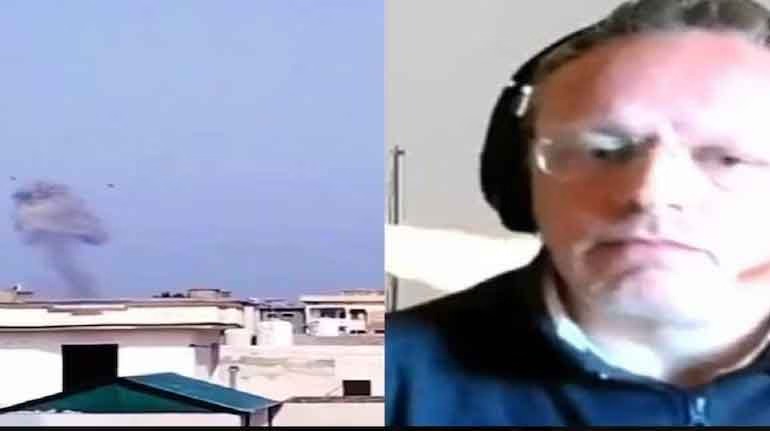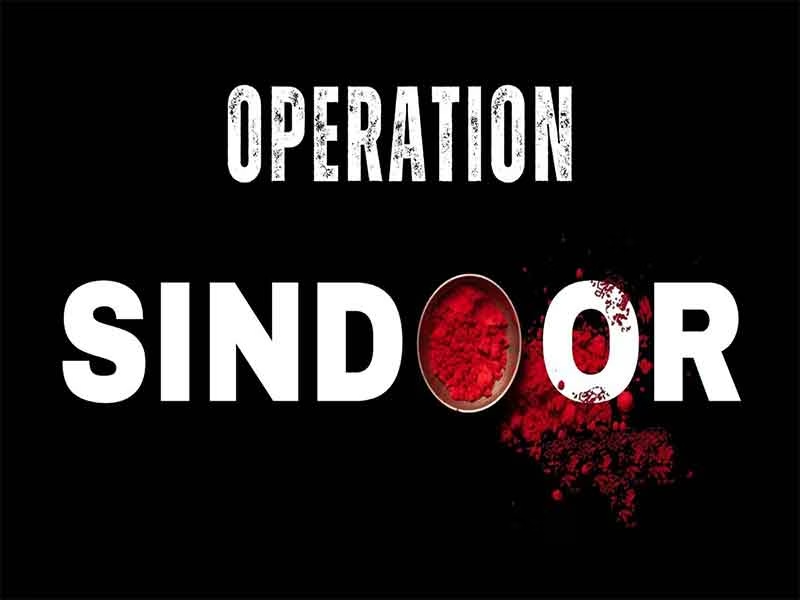From the debris left behind by the bombings in the recently concluded conflict in the sub-continent emerges a ‘renowned’ historian from relative obscurity.

Once the hostilities ended and the dust settled on the frontiers between the two nuclear powers in the sub-continent, and people on either side celebrated their respective victories subsequent to the claims made by the prime ministers of the two countries, a war of another kind would erupt, this time on the TV channels of India and Pakistan. Citing sources, mostly from the social media, and engaging so-called experts, prime-time anchors on both sides would try to weave a jingoistic narrative while demolishing alternative perspectives. A recent and, personally, the most intriguing addition to this assortment of war pundits was a certain Tom Cooper whom we are led to believe is a ‘renowned’ military historian.
Intriguing because even with the limited reading required to teach undergraduate students, one would have still come across his name had he been indeed the famous historian he is made out be while covering, over the last quarter of a century or so, courses still peppered with wars and cease-fires across centuries and continents. So, perplexed, one looked him up on the internet only to be baffled even more. Wikipedia, for the moment, has no entry on him, and of the couple of Tom Coopers who initially emerged from google search, one was an American cyclist of the nineteenth century while the other, again far removed from matters military, is an Australian-born cricketer who represented the Netherlands in a few games.
Having said that, Tom Cooper, the military historian has become quite a phenomenon in these parts in the last couple of days. Sifting through google pages, one could see that there are plenty of links pertaining to the views he expressed recently on the clash during interviews and discussions he had with Indian TV anchors. In those videos, the poor man looks a bit bewildered by the sudden attention bestowed upon him by a world far removed from his, and you start wondering what a historian is doing giving his opinions based on sources available on social media, some of which were clearly AI generated, and statements issued by authorities on only one side of the conflict on an event which was then still evolving.
“Study the historian, before you study the facts” the venerable E.H. Carr had once said in another context. The trouble with Cooper, however, is that since he is not affiliated to any Institution, there is precious little information available regarding his academic background. He appears to have been involved in the transportation industry for a number of years before slowly drifting to the world of military history. To give the devil his due, Cooper has been a prolific writer in that field over the last quarter of a century wherein he has produced no less than fifty hefty books, and a staggering thousand articles! Lack of institutional training has clearly not stood in the way of his literary output. The sheer numbers must have been part of the reason which drew Shiv Aroor and the rest towards him living in distant Vienna. That said, the catch is that none of his articles – mostly in obscure weeklies and magazines – has, from what can be gathered, been published in any peer-reviewed journals, nor has his books been subjected to any serious academic scrutiny. The glossy books brought out by, amongst others, Helion & Company – which, incidentally, has a section on self-publishing – accompanied by plenty of illustrations are basically meant for the coffee table. Thus, it turns out, Cooper is hardly the specialist TV audiences here have been manipulated to believe.
The Indian army, impeccable in its performance and professionalism throughout the campaign and beyond, does not need any endorsement from wannabe scholars from faraway lands with dubious credentials. But the regime, with so many perceived failings to answer for, clearly needs backing from whatever sources available. This explains why chiefs of a pliant media brought in so-called experts to give credence to narratives which will boost the popularity of the regime. But then, this is how the media shapes stories in the sub-continent these days. Who knows, even as we speak, the media moguls on the other side of the border might be sending their men to some remote parts of eastern Europe to unearth someone, as of now obscure but soon to acquire renown, to give legitimacy to their own versions of recent events.
Subscribe to Our Newsletter
Get the latest CounterCurrents updates delivered straight to your inbox.
Sreejith K teaches History at Dr APJ Abdul Kalam Government College, Kolkata. He has published articles, among other places, in the EPW and the Social Scientist. His monograph titled The Middle Class in Colonial Malabar: A Social History was published by Manohar/Routledge in 2021. He can be reached at [email protected]














































